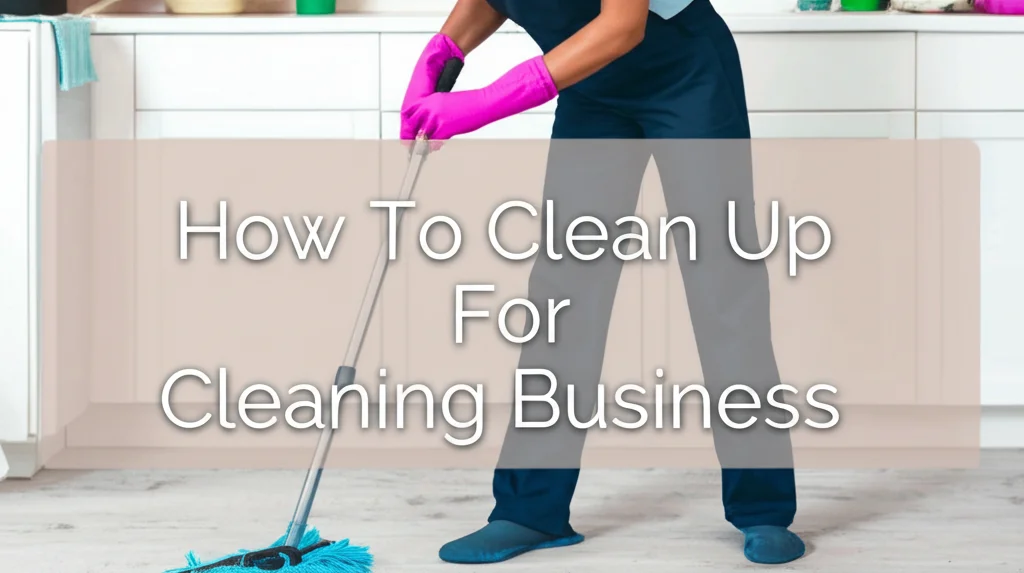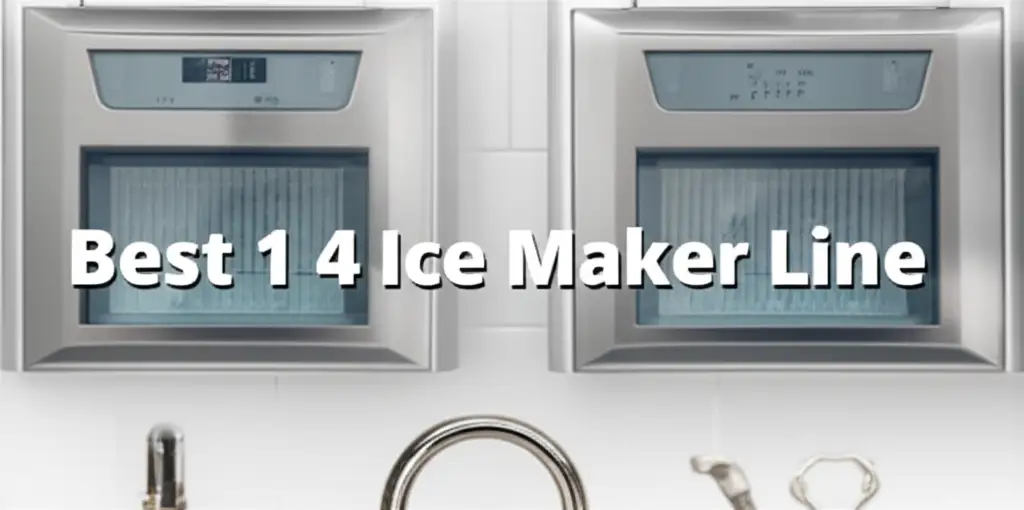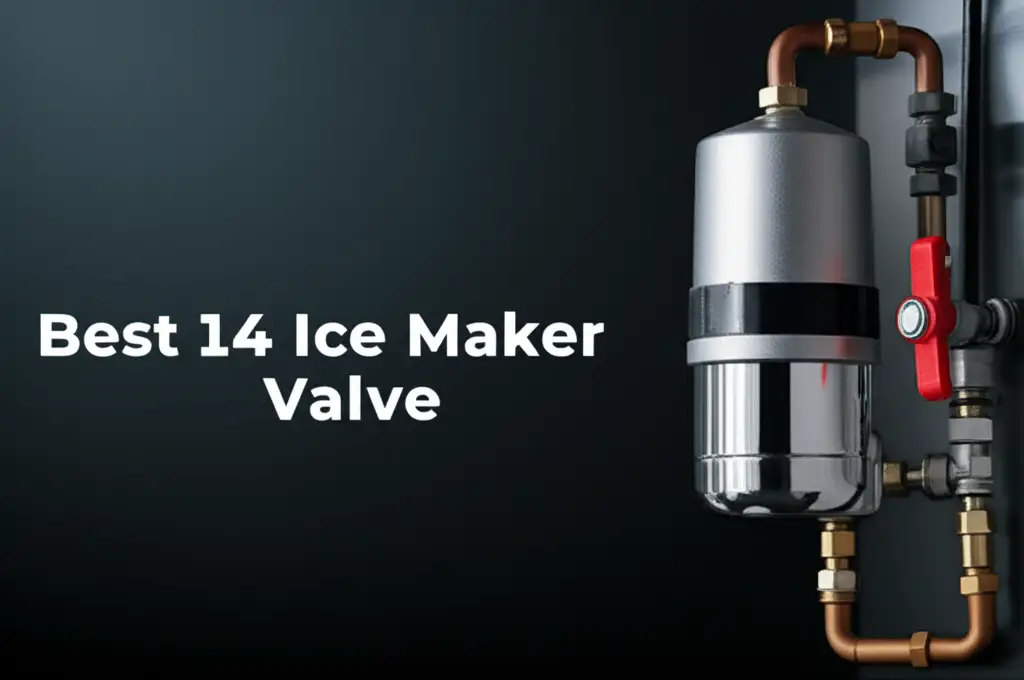· Starting a Cleaning Business · 7 min read
How To Clean Up For Cleaning Business

Getting Your Cleaning Business Ready: A Comprehensive Guide
Starting a cleaning business is exciting! But before you start booking clients, you need to ensure you are fully prepared. This isn’t just about having the right cleaning supplies; it’s about setting up a solid foundation for success. This article will guide you through everything you need to do to “clean up” – meaning get organized and ready – for your new cleaning business. We’ll cover legal aspects, supplies, insurance, and even how to present a professional image. Let’s dive in and get your cleaning business off to a sparkling start!
What does it take to prepare for a cleaning business?
Preparing for a cleaning business involves securing necessary licenses and insurance, gathering essential cleaning supplies and equipment, establishing a clear pricing structure, and developing a marketing strategy to attract clients. It’s about building a professional and reliable service from the ground up.
Takeaway:
- Secure necessary licenses and insurance.
- Invest in quality cleaning supplies and equipment.
- Develop a clear pricing structure.
- Create a professional brand image.
1. Legal Foundations: Licenses and Permits for Your Cleaning Business
Before you even think about scrubbing floors, you need to make sure your business is legally sound. Operating without the proper licenses and permits can lead to hefty fines and even closure. The specific requirements vary depending on your location, so research is key. Start by checking with your city, county, and state government websites.
Business Registration
Most jurisdictions require you to register your business name. This ensures no other business is operating under the same name in your area. You’ll likely need to choose a business structure – sole proprietorship, LLC, or corporation – each with different legal and tax implications. An LLC (Limited Liability Company) is often a good choice for cleaning businesses, as it offers personal liability protection.
Cleaning Specific Licenses
Some areas require specific licenses for cleaning businesses, particularly if you’re dealing with specialized cleaning like carpet cleaning or mold remediation. These licenses often require training and certification. Don’t skip this step; it demonstrates professionalism and builds trust with potential clients.
2. Essential Cleaning Supplies and Equipment: Building Your Toolkit
Now for the fun part: gathering your cleaning arsenal! Starting a cleaning business requires a significant investment in supplies and equipment. Focus on quality over quantity, as durable tools will save you money in the long run. Consider starting with a basic kit and adding more specialized items as your business grows.
Core Cleaning Supplies
Your core supplies should include all-purpose cleaners, disinfectants, glass cleaner, bathroom cleaner, floor cleaner, and degreasers. Opt for eco-friendly options whenever possible, as many clients are now seeking green cleaning services. Don’t forget essential items like microfiber cloths, sponges, scrub brushes, and paper towels.
Equipment Essentials
Essential equipment includes a vacuum cleaner (consider a HEPA filter model for allergy sufferers), a mop and bucket, a spray bottle, and a duster. Depending on the services you offer, you might also need a carpet cleaner, a steam mop, and specialized tools for cleaning upholstery or windows. If you plan on offering floor care, you might want to look into how to clean hardwood floors with vinegar: [https://www.beacleaner.com/how-to-clean-hardwood-floors-with-vinegar/].
3. Insurance: Protecting Your Cleaning Business from Risk
Insurance is non-negotiable. Accidents happen, and you need to be protected from financial liability. General liability insurance covers property damage and bodily injury, while workers’ compensation insurance is required if you have employees.
Types of Insurance
- General Liability Insurance: This covers costs associated with accidental damage to a client’s property or injuries sustained while cleaning.
- Workers’ Compensation Insurance: If you hire employees, this insurance covers medical expenses and lost wages if they are injured on the job.
- Bonding: A surety bond protects clients from theft or dishonesty by you or your employees.
- Commercial Auto Insurance: If you use a vehicle for your business, you’ll need commercial auto insurance.
4. Pricing Your Services: Finding the Sweet Spot
Determining your pricing is crucial for profitability. Research the competition in your area to get an idea of prevailing rates. Consider your costs – supplies, labor, transportation, insurance – and add a reasonable profit margin.
Pricing Models
- Hourly Rate: Charge a fixed rate per hour of cleaning.
- Per-Room Rate: Charge a set price for each room cleaned.
- Flat Rate: Offer a fixed price for a specific cleaning package (e.g., deep clean, move-out clean).
- Square Footage Rate: Charge based on the size of the space.
Be transparent with your pricing and provide detailed quotes to avoid misunderstandings.
5. Branding and Marketing: Creating a Professional Image
Your brand is how clients perceive your business. A strong brand builds trust and attracts customers. This includes your business name, logo, website, and marketing materials.
Building Your Brand
- Choose a memorable business name: Keep it short, easy to pronounce, and relevant to your services.
- Design a professional logo: A well-designed logo conveys professionalism and trustworthiness.
- Create a website: Your website is your online storefront. Include information about your services, pricing, and contact details.
- Develop marketing materials: Business cards, flyers, and brochures can help you reach potential clients.
Marketing Strategies
- Online Marketing: Utilize social media, search engine optimization (SEO), and online advertising.
- Local Networking: Attend local events and join business organizations.
- Referral Program: Encourage satisfied clients to refer their friends and family.
- Flyer Distribution: Distribute flyers in targeted neighborhoods.
6. Operational Efficiency: Streamlining Your Workflow
Efficiency is key to maximizing profits. Develop a streamlined workflow to ensure you can complete jobs quickly and effectively. This includes creating cleaning checklists, scheduling appointments efficiently, and managing your inventory.
Cleaning Checklists
Detailed cleaning checklists ensure consistency and prevent you from missing important tasks. Customize checklists for different types of cleaning jobs (e.g., standard cleaning, deep cleaning, move-out cleaning).
Scheduling and Route Optimization
Use scheduling software to manage appointments and optimize your route. This will save you time and fuel costs. Consider using a GPS app to navigate efficiently.
Inventory Management
Keep track of your supplies and equipment to avoid running out of essential items. Establish a reordering system to ensure you always have what you need. If you’re dealing with tough stains, knowing how to remove gravy stains from carpet can be a lifesaver: [https://www.beacleaner.com/how-to-remove-gravy-stains-from-carpet/].
7. Client Communication and Customer Service
Excellent customer service is essential for building a loyal client base. Respond promptly to inquiries, be professional and courteous, and address any concerns promptly and effectively.
Communication Best Practices
- Prompt Responses: Respond to emails and phone calls within 24 hours.
- Clear Communication: Clearly explain your services and pricing.
- Active Listening: Listen carefully to your clients’ needs and concerns.
- Follow-Up: Follow up after each cleaning to ensure client satisfaction.
FAQ: Common Questions About Starting a Cleaning Business
Q: Do I need a business plan?
A: Yes, a business plan is highly recommended. It outlines your goals, strategies, and financial projections, helping you stay focused and secure funding if needed.
Q: What’s the best way to find clients?
A: A combination of online marketing, local networking, and referrals is most effective. Focus on building relationships and providing excellent service.
Q: How much should I charge for my services?
A: Research local rates, consider your costs, and add a reasonable profit margin. Be transparent with your pricing.
Q: What if a client is unhappy with my cleaning?
A: Address their concerns promptly and professionally. Offer to re-clean the area or provide a partial refund. Customer satisfaction is paramount.
Q: What are the best eco-friendly cleaning products?
A: Look for products with certifications like Green Seal or EcoLogo. Vinegar, baking soda, and lemon juice are also effective natural cleaning agents.
Conclusion: Ready to Shine!
Starting a cleaning business requires careful planning and preparation. By securing the necessary licenses and insurance, investing in quality supplies, developing a solid pricing strategy, and building a professional brand, you’ll be well on your way to success. Remember, providing excellent customer service and maintaining operational efficiency are key to building a thriving cleaning business. Now that you’ve “cleaned up” your preparations, it’s time to get out there and start making homes and businesses sparkle! Don’t hesitate to explore additional resources and continue learning to stay ahead in the competitive cleaning industry.
- cleaning business startup
- cleaning business checklist
- cleaning business preparation




